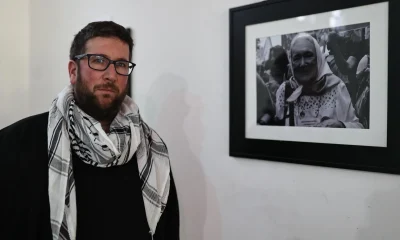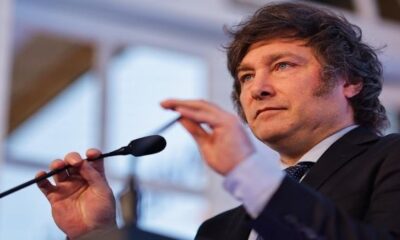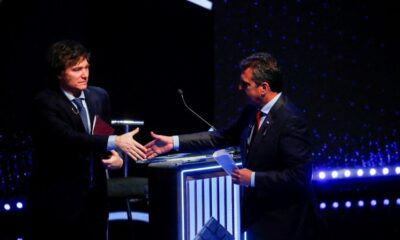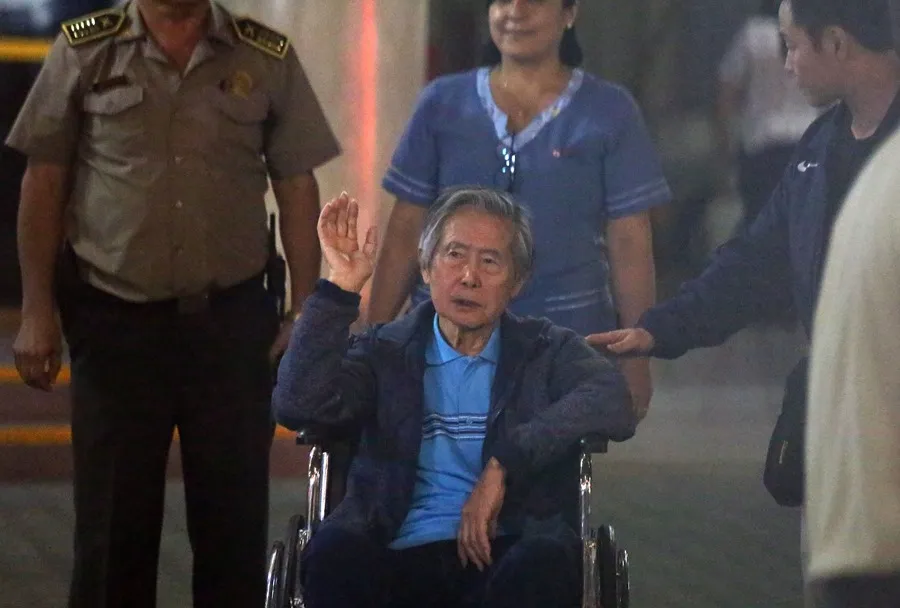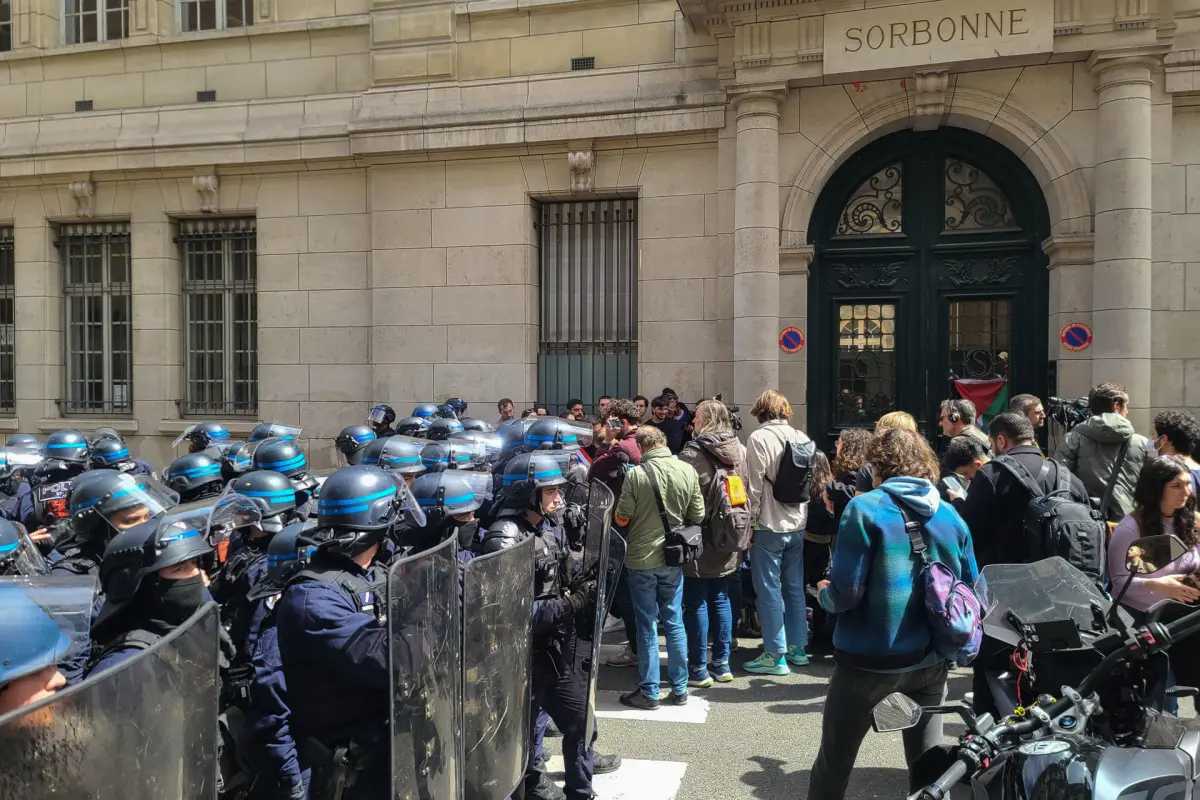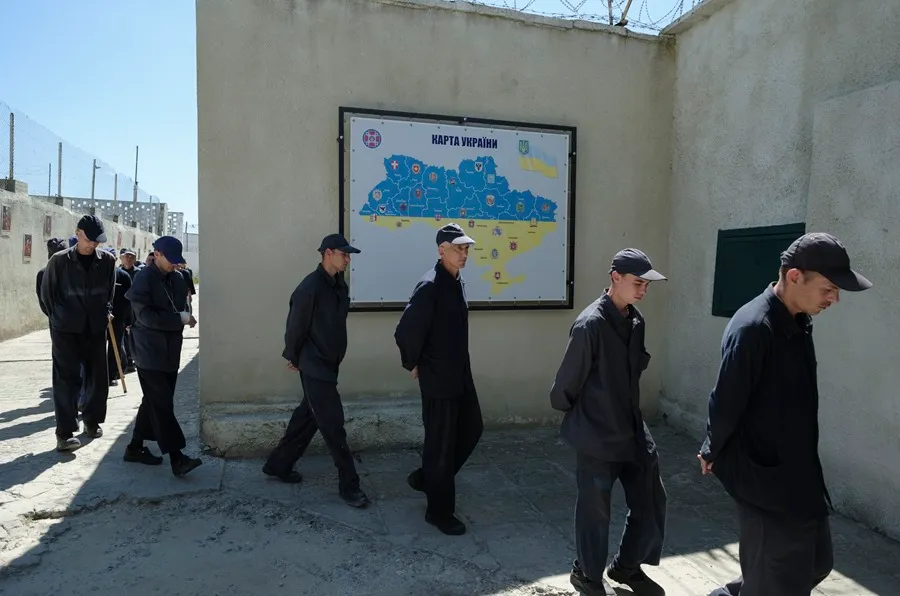International
Electoral ban begins in Argentina in the run-up to the ballot
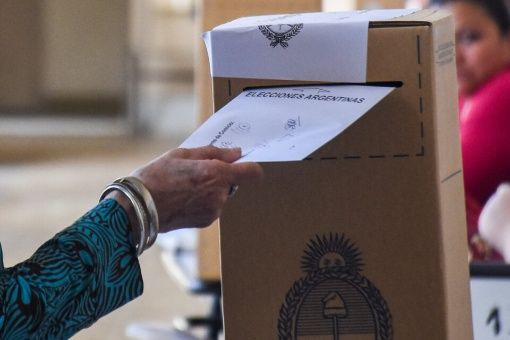
International
Former President Alberto Fujimori, admitted to a hospital for probable tumor in the tongue
International
Police enter La Sorbonne to expel dozens of pro-Palestinian students
International
Desertions in the Russian Army in Ukraine are growing, according to Kiev’s military intelligence
-
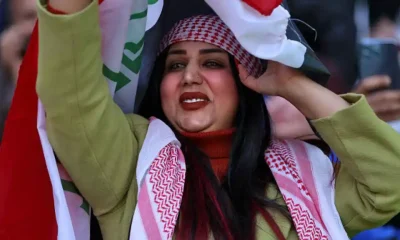
 International2 days ago
International2 days agoSocial media star Om Fahad fatally shot in Baghdad
-
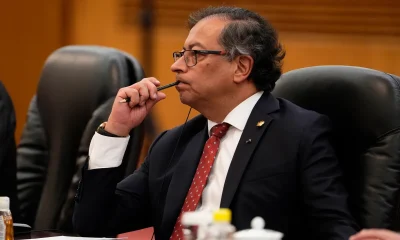
 International4 days ago
International4 days ago“War is war,” Petro tells the Central General Staff after the death of 15 dissidents
-
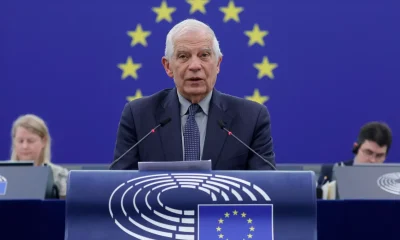
 International1 day ago
International1 day agoBorrell: the EU will support Ukraine until Putin decides to stop the war
-
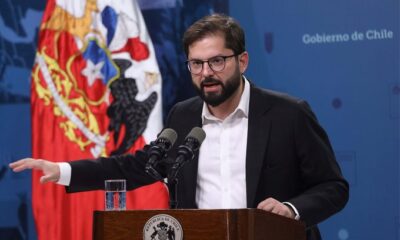
 International2 days ago
International2 days agoPresident Boric announces curfew following triple police homicide in Chile
-
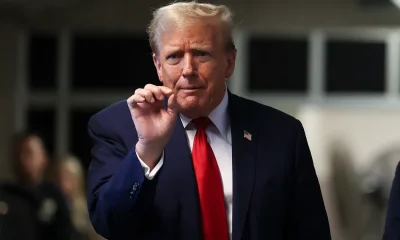
 International2 days ago
International2 days agoDonald Trump agrees to Joe Biden’s debate challenge, proposes White House Venue
-
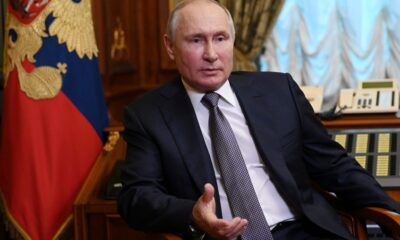
 International2 days ago
International2 days agoU.S. Intelligence reports Putin likely didn’t order Navalny’s killing
-
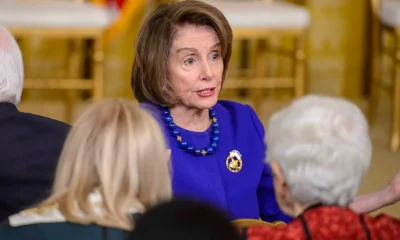
 International1 day ago
International1 day agoNancy Pelosi says that Netanyahu “could not have made things worse” in Gaza
-
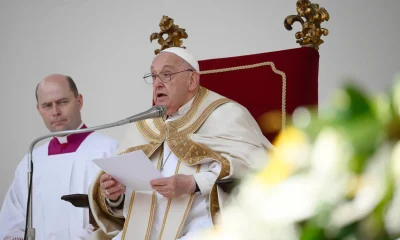
 International1 day ago
International1 day agoThe pope encourages the Presidential Council of Haiti to work for peace and stabilit
-

 International2 days ago
International2 days agoPresident López Obrador meets with Astros and Rockies ahead of Mexico City Series
-
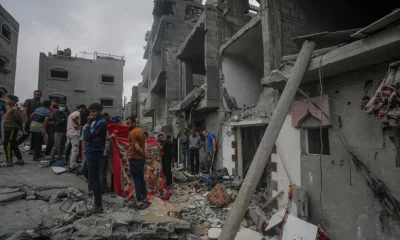
 International1 day ago
International1 day agoHamas warns the United Kingdom that if it sends soldiers to Gaza they will be a “legitimate” military target
-
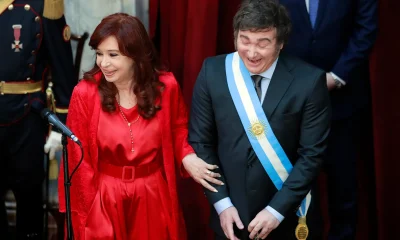
 Internacionales1 day ago
Internacionales1 day agoMilei says it would be “wonderful” to confront Cristina Fernández electorally
-
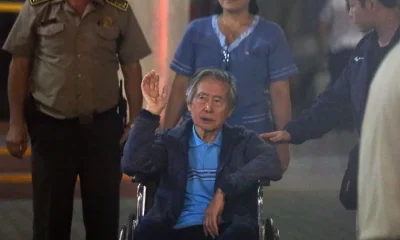
 International3 hours ago
International3 hours agoFormer President Alberto Fujimori, admitted to a hospital for probable tumor in the tongue
-
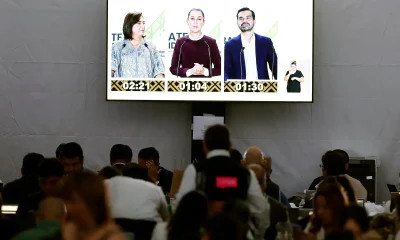
 International4 hours ago
International4 hours agoThe economic data that defined Mexico’s second presidential debate
-
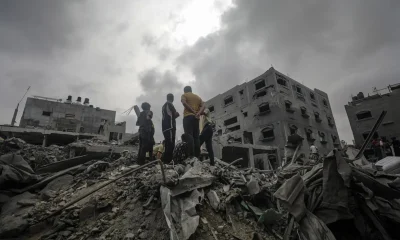
 International1 day ago
International1 day agoThe new truce plan in Gaza includes “many demands” from Hamas, according to an Egyptian source
-
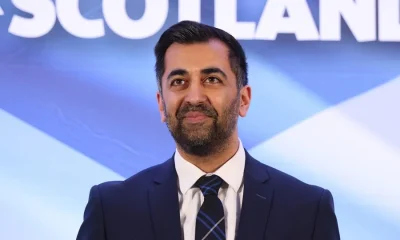
 International3 hours ago
International3 hours agoPro-independence Humza Yousaf resigns as chief minister of Scotland
-
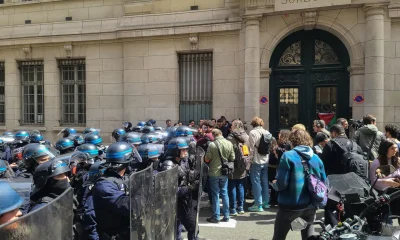
 International3 hours ago
International3 hours agoPolice enter La Sorbonne to expel dozens of pro-Palestinian students
-
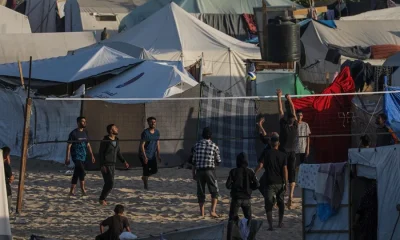
 International3 hours ago
International3 hours agoThe United States says that Israel has made an “extraordinarily generous” proposal for a truce to Hamas
-
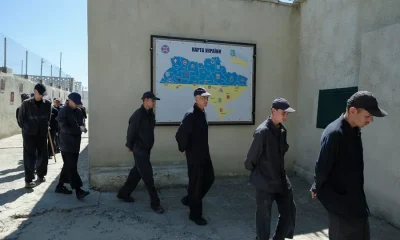
 International3 hours ago
International3 hours agoDesertions in the Russian Army in Ukraine are growing, according to Kiev’s military intelligence
-
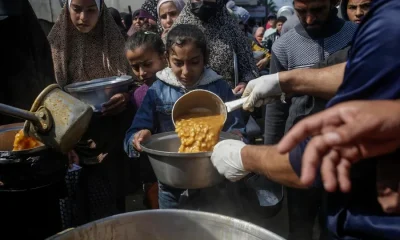
 International3 hours ago
International3 hours agoPeople are already dying from diseases in Gaza and not only from the bombings, denounces MSF
-
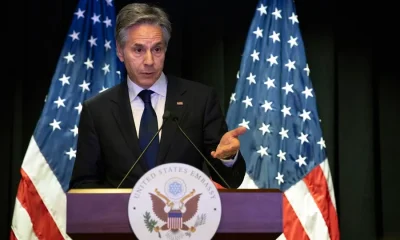
 International4 hours ago
International4 hours agoThe US warns that it cannot support the Rafah invasion without seeing Israel’s plan to protect civilians
-
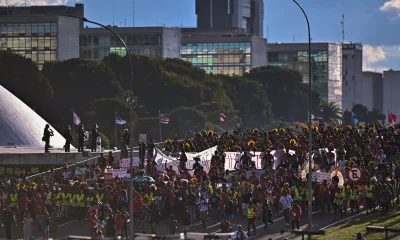
 Internacionales4 days ago
Internacionales4 days agoThe indigenous people demand from Lula more speed for the demarcation of their lands
-
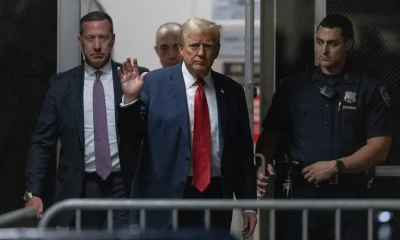
 International4 days ago
International4 days agoKey witness involves Trump in efforts not to be harmed in the elections
-
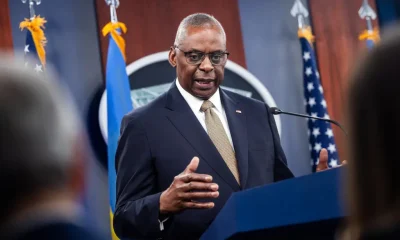
 International3 days ago
International3 days agoThe US unblocks $6 billion in aid to Ukraine for Patriot missiles and drones
-
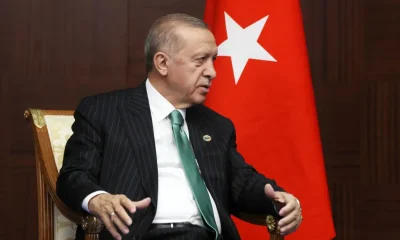
 International3 days ago
International3 days agoTurkey’s president calls Netanyahu the “butcher of Gaza”
-
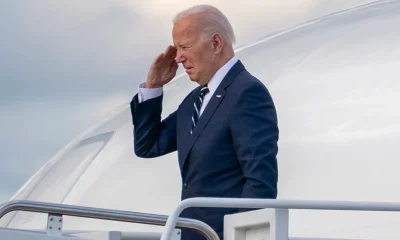
 International4 days ago
International4 days agoThe US sanctions 16 companies and 8 people linked to the Iranian drone program
-
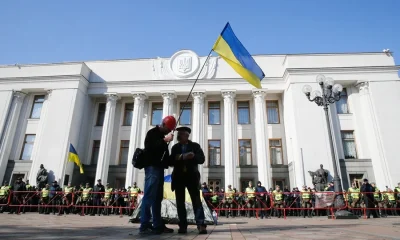
 International3 days ago
International3 days agoA court orders the arrest of the Ukrainian Minister of Agriculture accused of corruption
-
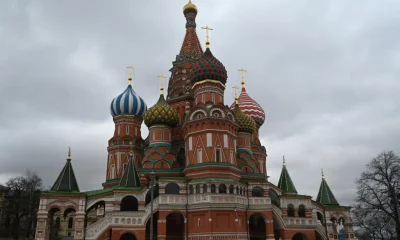
 International3 days ago
International3 days agoRussia prepared a strategy to support the German far-right, according to Der Spiegel
-
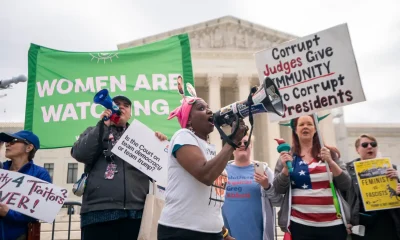
 International4 days ago
International4 days agoThe Supreme Court is skeptical of Trump’s immunity but could lengthen the litigation
-
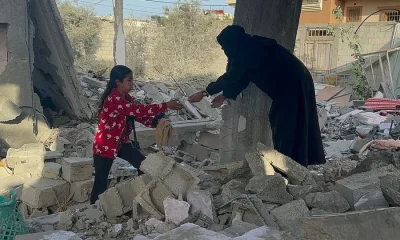
 International3 days ago
International3 days agoIsraeli bombings in the north and south of Gaza cause fifty deaths
-
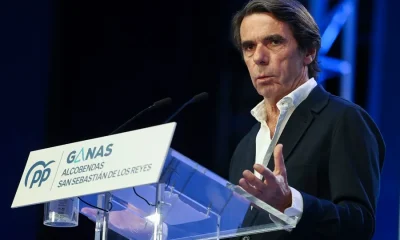
 International4 days ago
International4 days agoAznar and Quiroga defend Israel’s “peace” and “surness” in a world congress in Argentina
-
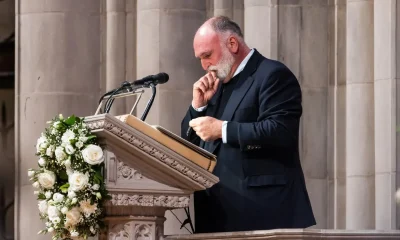
 International4 days ago
International4 days agoJosé Andrés demands from the pulpit an independent investigation of the Israeli attack
-
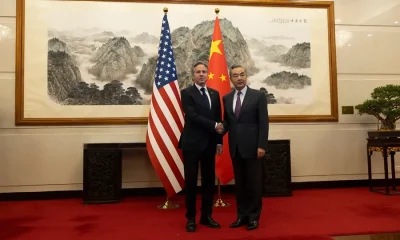
 International3 days ago
International3 days agoBlinken asks China not to “help” Russia with the supply of Defense components
-
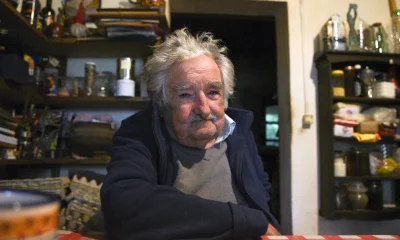
 International4 days ago
International4 days agoJosé Mujica maintains that Milei is “very impulsive” and does not doubt that Brazil “will be a power”
-
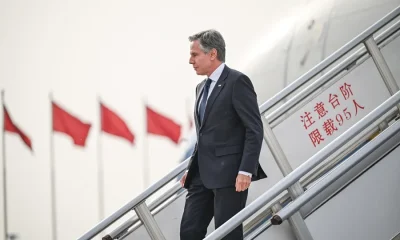
 International3 days ago
International3 days agoThe Chinese president tells the United States that he has to be “faithful” to his word to solve the “problems to be solved”
-
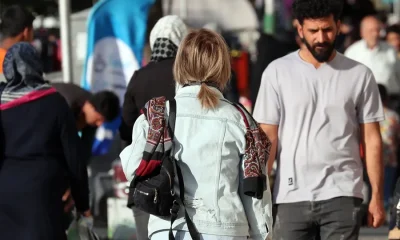
 International3 days ago
International3 days agoThe UN denounces widespread arrests of young Iranians in the new campaign to impose the veil























